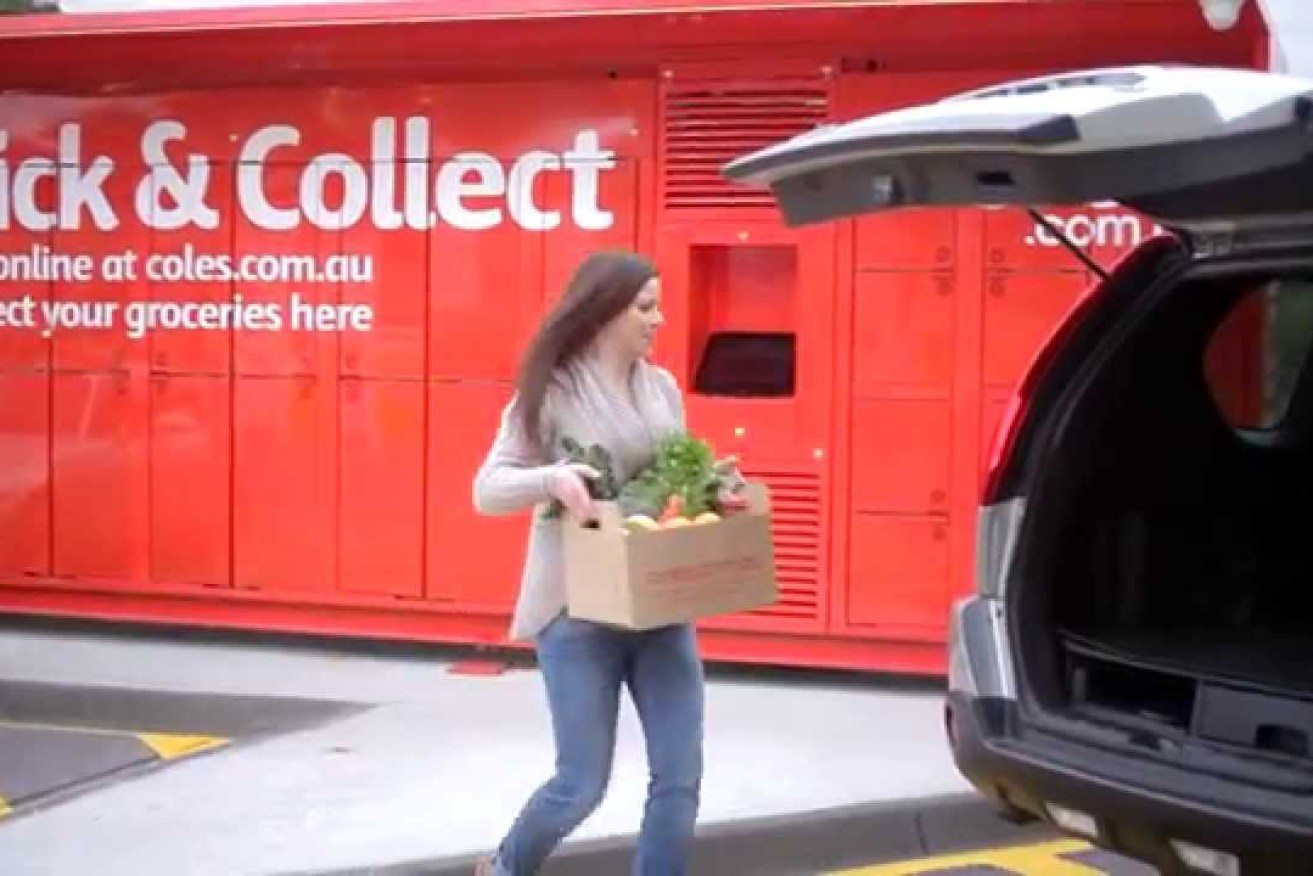Click smart: Lessons from Covid may reshape the way Brisbane does business
The pandemic has forced a new set of priorities on business and was likely to reshape Brisbane in substantial ways, according to JLL.


The pandemic was likely to reshape everything from retail of industrial space.
It said the changes would include how people shop or how they buy meals to a reappraisal of manufacturing and supply chains.
According to JLL, Queensland’s strong economic position would have a direct flow-on to the industrial sector which would present five key changes. Among them would be a greater focus on maintaining supply chains, a bigger reliance on web-based business, a change in the “last mile” delivery and a bigger strategic role for the Port of Brisbane.
One of the big changes in recent months was in the take-up of industrial space. About 60 per cent of industrial space take-up in Brisbane had come from the retail trade, transport, postal and warehousing sectors as shifting priorities became visible, according to JLL director of research Bhavin Patel.
“Retailing in Queensland is in a different proposition to NSW and Victoria. The state is less densely populated and the population is geographically dispersed,” Patel said.
“As a result, the cost associated with the ‘last mile’ delivery of products is much higher. This will make the efficiency of Queensland’s supply chain even more critical.”
Patel forecast that that could mean an expansion of the “click and collect” option consumers had welcomed during the pandemic restrictions.
He said Australia Post data showed that alternative delivery options had grown by 30 per cent year-on-year.
“This highlights shoppers are increasingly become more particular about how their parcels are delivered, therefore choice, convenience and pick up locations will also be integrated into existing retail centres,” Patel said.
He said the fragility of the existing supply chains was exposed by the pandemic, as was the lack of local manufacturing and it had shown how easily business could be brought to a halt.
The likely outcome of that would be that businesses would start lifting inventory levels to mitigate supply disruption which would be a net positive for industrial space.
“COVID-19 may also be a blessing in disguise for manufacturing,” Patel said.
“The initial supply chain disruption has caused countries around the world to look at boosting local production to reduce future supply chain risks.”
He said there was a chance for Queensland manufacturing to press the advantage because it had lower energy costs than the other states and a greater scope through gas supply as well the fledgling hydrogen industry.
JLL also expects the Inland Rail project to have a profound impact on the city.
“Inland Rail will reorient the logistic sector of Australia. The new rail freight network between Brisbane and Melbourne will become the backbone of the national freight network. It will also improve delivery time, safety, the carbon footprint, reliability and costs.”
He said this would mean the Port of Brisbane was likely to increase its market share significantly over the next decade.
Alongside that new national backbone, there was likely to be an increased demand for Australian food products which would need more there would be a need for more temperature-controlled facilities.
“We anticipate investment in cold storage industrial assets will increase substantially,” Patel said.
JLL has tipped strong growth in the ready-made meal sector which experienced rapid growth in 2020.
“Data shows the market is worth $300 million in Australia and is growing at 40 per cent a year, therefore a range of businesses will require additional cold storage,” he said.
The company listed the key projects for Brisbane would $2.7 billion M1 upgrade, the $1.6 billion Coomera Connect expansion, the $10 billion Inland Rail project, the direct freight corridor proposed to connect the Port of Brisbane to the Inland Rail and the dredging of the port to allow bigger vessels.












